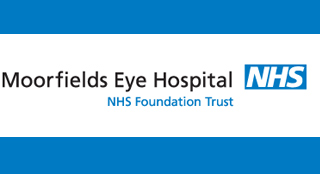
The tests to be conducted in some months will gauge the safety of utilizing retinal cells obtained from stem cells for treating people with this condition. The cells are touted to be administered into the retina in an hour long surgery.
“There is real potential that people with blinding disorders of the retina, including Stargardt disease and age-related macular degeneration, might benefit in the future from transplantation of retinal cells,†commented retinal surgeon Professor James Bainbridge, who will be conducting the trials at the National Institute for Health Research (NIHR) Biomedical Research Centre based at Moorfields and the UCL Institute of Ophthalmology.
The team is optimistic in their capacity to regenerate retinal cells from stem cells in the lab and the chances of transforming this technology into new therapeutic options for patients. They believe that evaluating the safety of retinal cell transplantation in this clinical test ought to be an essential step towards reaching the goal.
Stargardt disease is an inherited condition and presently there are no treatments for the same. The Medicines and Healthcare Products Regulatory Agency (MHRA) approved the trial for testing the efficacy of stem cell therapy as a remedy for Stargardt disease on September 22.
The US company Advanced Cell Technology (ACT) have developed this technology.
